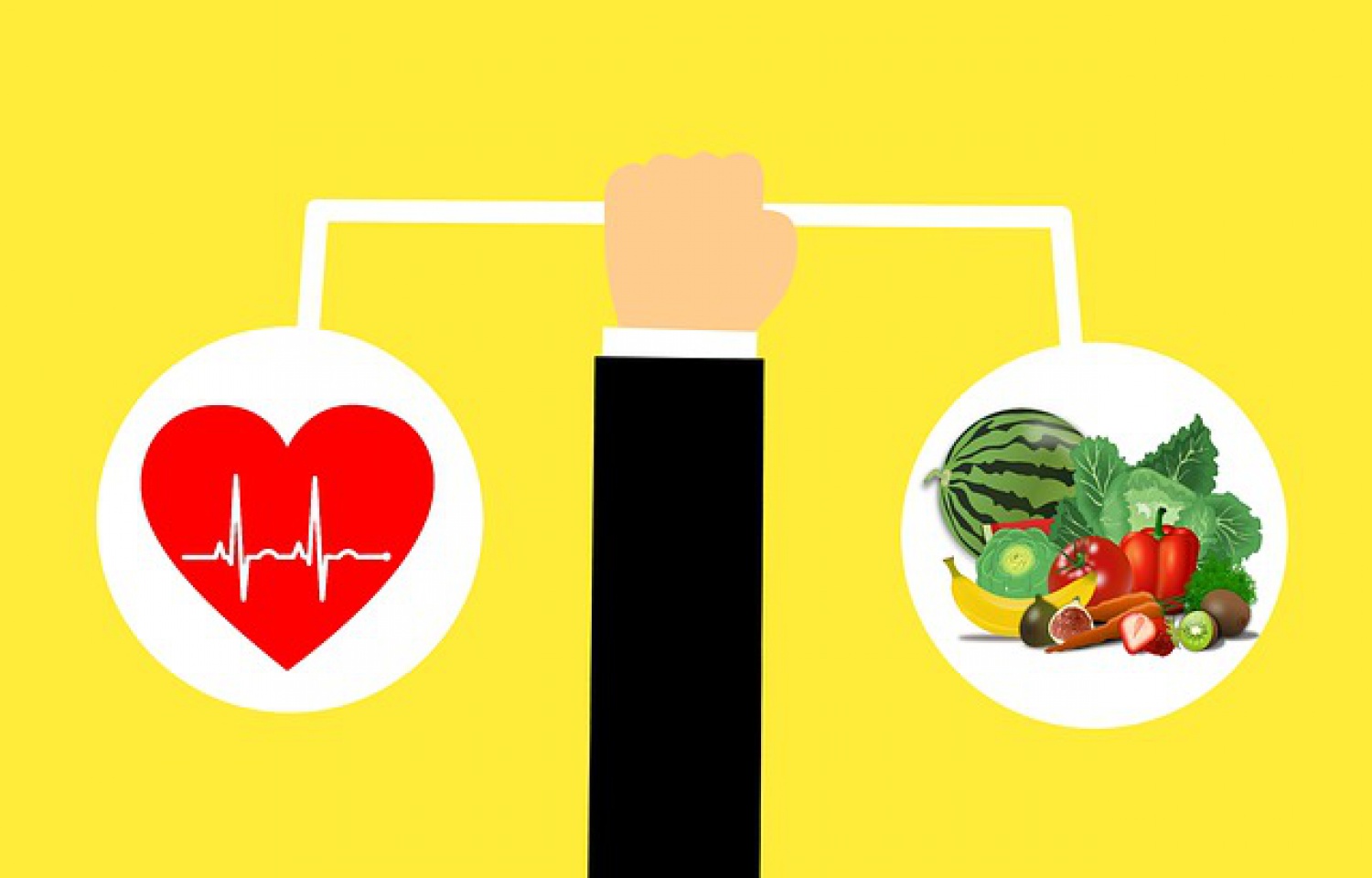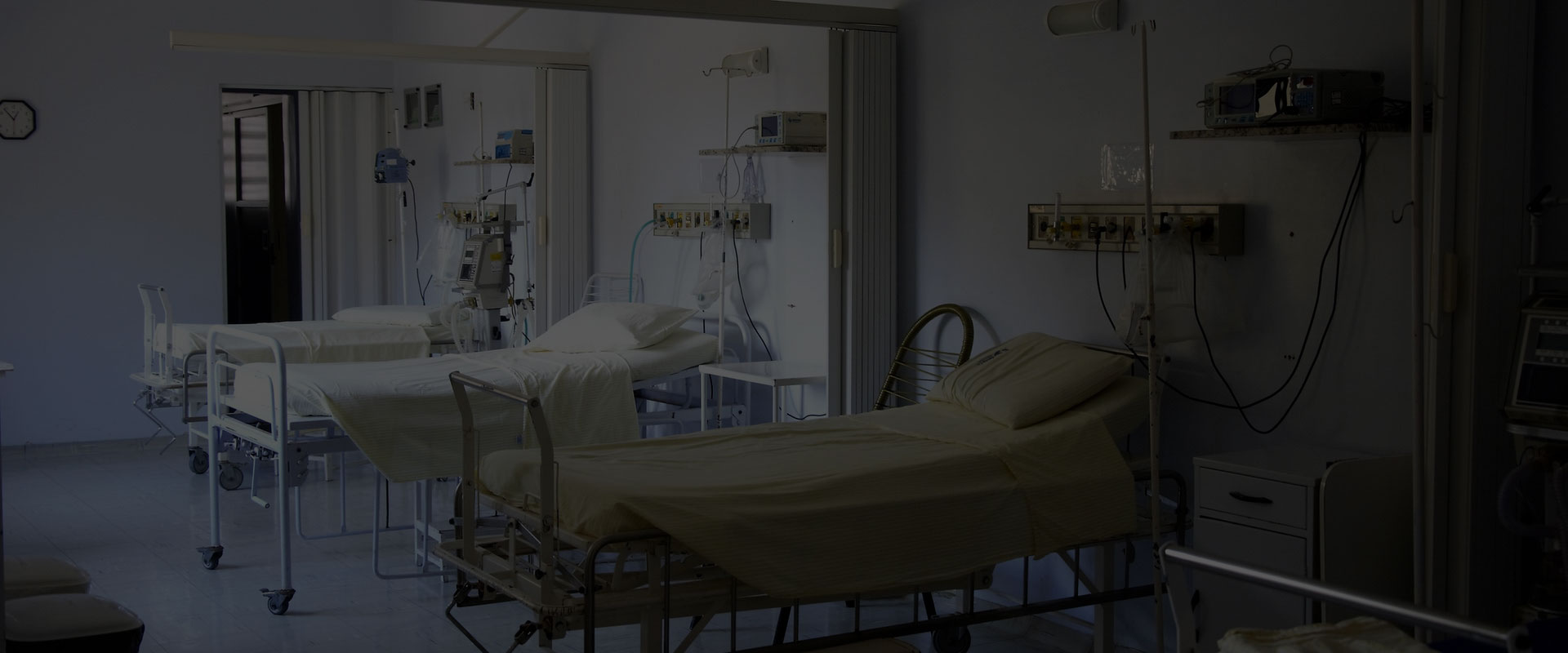
27 Jun High Blood Pressure in Nigeria: Causes, Symptoms & Prevention
Over 20 million people are suffering from high blood pressure across Nigeria. According to research, this number is calculated as 30.7% among men and 25.2% among women.
High blood pressure, also called hypertension, is a health problem that affects millions of Nigerians. Research reveals that over 20 million people (30.7% among men and 25.2% among women) in Nigeria are suffering from high blood pressure. While it rarely shows any symptoms, it can lead to very severe health complications such as stroke and heart disease. It could even result in death in some extreme cases.
To break it down, let’s begin with a definition of blood pressure. Blood pressure can be defined as the amount of force or pressure that your blood puts on the walls of your arteries (blood vessels) as it flows through.
High blood pressure means when your blood pressure is consistently too high. This can pose a lot of health threats such as heart failure, vision loss, stroke, kidney disease, and even death.
Causes of high blood pressure
The heart pumps blood with low oxygen into the lungs which replace its supply. The heart then pumps blood high in oxygen to other parts of the body to supply the muscles and cells.
All this blood pumping that the heart does creates pressure. If the blood pressure is high, the walls of the arteries will constantly be under too much force. The causes of high blood pressure can be categorised into two distinct parts: Essential high blood pressure and secondary high blood pressure. The former has no established cause.
Although essential high blood pressure has no identifiable cause, there are several underlying issues that could increase the risk of High Blood Pressure. These include:
- Age
- Family history (hereditary)
- Ethnic background
- Obesity and being overweight
- Lack of physical exercise or activity
- Smoking
- Alcohol intake
- Poor diet and high cholesterol
- Mental stress
- Diabetes
- Pregnancy
Symptoms of high blood pressure could potentially include:
- Headaches
- Nausea
- Vomiting
- Dizziness
- Blurred or double vision
- Nosebleeds
- Heart palpitations
- Breathlessness
If you, or anybody close to you, have some or all of these symptoms – you need to speak to a doctor immediately.
In addition, it is best practice for people who have been diagnosed with high blood pressure to check their blood pressure frequently.
How to manage high blood pressure in Nigeria
A doctor will recommend various treatment depending on the blood pressure. For example, your doctor could recommend lifestyle changes if your blood pressure is just slightly elevated and you have a lower risk of developing any cardiovascular disease.
Conversely, if your blood pressure is moderately high, your doctor will probably recommend medication and certain lifestyle changes. Moderate high blood pressure means your chances of developing a cardiovascular disease will be above 20% within the next 10 years.
Here are some self-care strategies to manage your blood pressure
- Eat a well-balanced diet: foods low in salt, vegetables, whole-grains, low-fat dairy products and skinless poultry and fish. Limit saturated and trans fats, sodium, red meat and sweets.
- Limit alcohol. Drinking too much alcohol can raise your blood pressure. If you have high blood pressure, your doctor may advise you to reduce the amount of alcohol you drink. If you drink, limit your alcohol consumption to no more than one to two drinks per day.
- Regular physical activity. This helps control blood pressure and helps you manage your weight and strengthen your heart. A healthy weight and a strong heart are good for your blood pressure. Try for at least 150 minutes per week of moderate physical activity, such as brisk walking. An easy plan to remember is 30 minutes a day at least five days a week.
Medications can be used for extreme cases, but for most people, a healthy lifestyle and balanced diet could be they need to keep high blood pressure under control.


No Comments